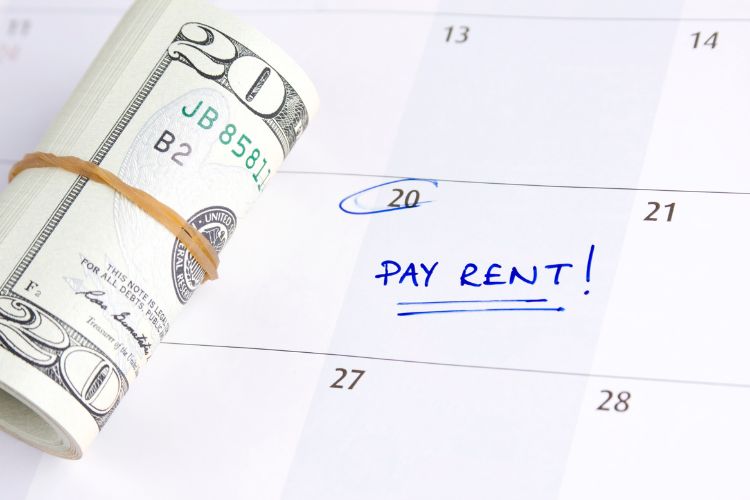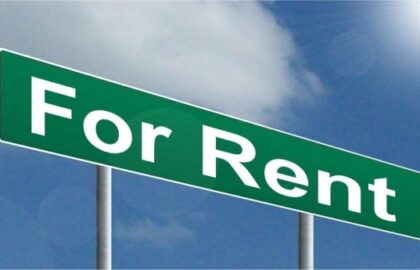
It’s not uncommon for tenants to want to remove a name from a joint lease agreement before the end of the rental term.
Whether due to a relationship breakdown with your co-tenant, plans to move out, or being unable to afford the rent on your own, there are options for getting released from a lease early. However, the process depends entirely on the terms outlined in your original lease contract.
This article will discuss the common reasons for wanting to remove a name from a lease, the requirements for doing so, and your options for getting released from the agreement.
TL;DR
Removing a name from a rental lease before it ends requires the landlord or assigned property manager’s approval to modify the lease terms, usually by signing a new agreement or release form.
Without the landlord or property manager’s permission, the tenants remain jointly responsible for rent payments and complying with the full lease, even after moving out.
Reasons for Wanting to Remove a Name
There are a few common scenarios that may lead to wanting to get your name removed from a joint lease agreement:
- Relationship breakdown with a co-tenant. If you and your partner or housemate have broken up or had a serious falling out, you may want to move out and remove your name from the joint lease. This releases you from rental payments and other obligations.
- Co-tenant moving out. If the other person named on your lease is moving out but you plan to stay, they will want to remove their name and responsibility.
- Can’t afford rent alone. When jointly leasing with others, the rent is split. But if your co-tenants move out, you may struggle to afford the cost of rent alone, which may lead to you taking your name off the lease.
- Job relocation. If you or the co-tenant has received a job offer in a different city, needing to relocate would require removing your name from the current lease.
- Financial hardship. Loss of job, reduced hours, or other money issues that leave you unable to pay rent would mean needing to get off the lease.
- Safety concerns. If there are conflicts with other tenants or neighbourhood safety issues, you may want to leave for your well-being and remove your name.
- New rental opportunity. You may want to upgrade and move to a nicer rental property, requiring removing yourself from the current lease first.
Requirements for Removing a Name
The options for removing a name from an active lease depend entirely on the terms and conditions outlined in your original lease agreement.
Most standard lease contracts do not allow tenants to remove names without the property manager or landlord’s consent.
Requirements may include:
- Landlord approval. Most leases state that any changes require approval from the landlord or property manager. Getting them to agree is essential. This also applies to adding someone to a lease.
- New lease contract. To remove a name, the landlord may require signing a new rental agreement with the remaining tenants.
- Increased rent. With fewer tenants, rent payments may rise for those remaining on the lease. Be prepared for higher costs.
- Fees. There may be administrative fees involved with drawing up a new lease agreement.

Options for Removing a Name
If your landlord consents, here are some common options for removing a name from a joint lease:
- Sign the release agreement. All parties could sign a legally binding Early Release from Lease Agreement to remove one tenant’s name.
- Find a replacement tenant. Providing the landlord with a suitable replacement tenant for the vacating co-tenant can allow removing their name.
- Pay break lease fee. You may have to pay a termination fee equal to a set number of weeks’ rent.
- Sublet to a new tenant. Rather than breaking the lease, subletting to a new renter could enable removing the departing tenant’s name.
Consequences If Unable to Remove
If you are unable to reach an agreement with your landlord to remove your name from the lease, there can be significant consequences:
- Remaining responsible for rent. Even after moving out, you remain jointly responsible for paying the rent as a co-signer.
- Damage to credit. If your former co-tenants fail to pay rent, it affects your credit history and score.
- Taken to court. Your landlord can take legal action and sue all tenants for any unpaid rent or damages.

Seeking Legal Advice
Given the legal ramifications of being stuck on a lease, it is advisable to consult a tenancy lawyer for guidance.
A lawyer can:
- Review your lease terms. They can properly interpret the clauses relating to early termination or changes.
- Advise your options. Based on the lease terms they can outline your options.
- Negotiate for you. They can liaise with the landlord or property manager on your behalf.
- Represent you. If you end up in court over the lease, they can represent and defend you.
Alternative Options
If the landlord refuses to let you off the lease, there are a few other choices, like:
- Negotiate a buyout with a co-tenant. Offer to pay them a lump sum to cover your remaining lease payments.
- Pay rent upfront. Offer to pay several months in advance to motivate the landlord to agree.
- Help find new tenants. Taking over the work of finding suitable replacements can incentivise the landlord to release you.
Wrap-Up
Removing yourself from a joint lease without the proper consent and paperwork can have disastrous financial consequences. Always refer to your original lease agreement first and be aware of your rights and responsibilities.
While getting released from a lease early can be difficult, being proactive, negotiating properly, and seeking legal advice when needed can help ensure a smooth exit process.








